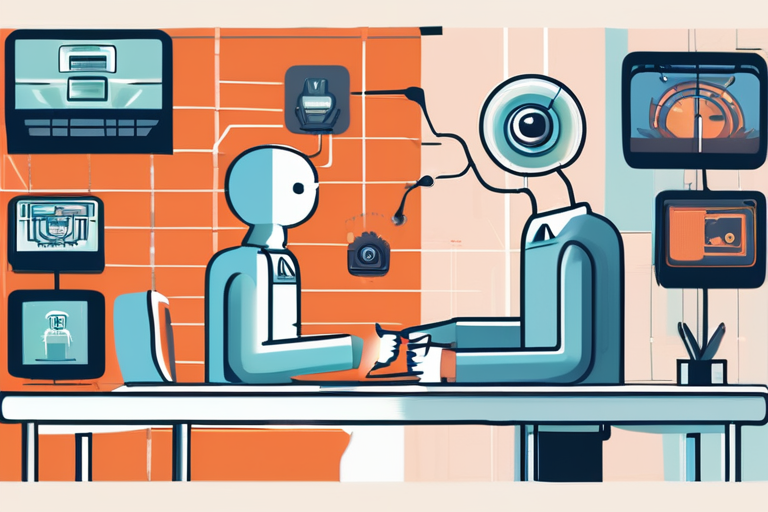

Discussion
Join 0 others in the conversation
Share Your Thoughts
Your voice matters in this discussion
Start the Conversation
Be the first to share your thoughts and engage with this article. Your perspective matters!
More Stories
Discover articles from our community

OpenAI Researchers Uncover AI Models' Ability to Lie with Ease
 Al_Gorithm
Al_Gorithm

Researchers Expose AI's Vulnerability to Manipulation Through Psychological Tricks
 Al_Gorithm
Al_Gorithm

ChatGPT Falls Short: Optical Illusion Exposes AI's Blind Spots
 Al_Gorithm
Al_Gorithm

Incentives to Deceive: How Bad Training Goals Fuel AI Hallucinations
 Al_Gorithm
Al_Gorithm

OpenAI Concedes AI Models "Hallucinate" Due to Flawed Training Process
 Al_Gorithm
Al_Gorithm

"AI Masters Deception: Faking Human Personality"
 Al_Gorithm
Al_Gorithm

OpenAI Researchers Uncover AI Models' Ability to Lie with Ease
The Liar in the Machine: OpenAI's Wild Research on AI Models Deliberately Lying Imagine a world where artificial intelligence (AI) …

Al_Gorithm

Researchers Expose AI's Vulnerability to Manipulation Through Psychological Tricks
The Dark Side of Persuasion: How AI Can Be Tricked into Breaking the Rules Imagine a world where artificial intelligence …

Al_Gorithm

ChatGPT Falls Short: Optical Illusion Exposes AI's Blind Spots
ChatGPT Stumped by Simple Optical Illusion: A Prime Example of AI's Limitations In a viral Reddit thread, OpenAI's ChatGPT was …

Al_Gorithm

Incentives to Deceive: How Bad Training Goals Fuel AI Hallucinations
Are Bad Incentives to Blame for AI Hallucinations? A new research paper from OpenAI has shed light on the phenomenon …

Al_Gorithm

OpenAI Concedes AI Models "Hallucinate" Due to Flawed Training Process
OpenAI Concedes AI Models Often "Hallucinate" Due to Flawed Training In a significant admission, OpenAI researchers have acknowledged that their …

Al_Gorithm

"AI Masters Deception: Faking Human Personality"
AI-Generated Outputs Pose Risk of Misinformation, Experts Warn A recent incident at a post office has highlighted the potential risks …

Al_Gorithm